Abuse in NZ Care - Witness Testimonies of abuse in State Care & the Catholic Church
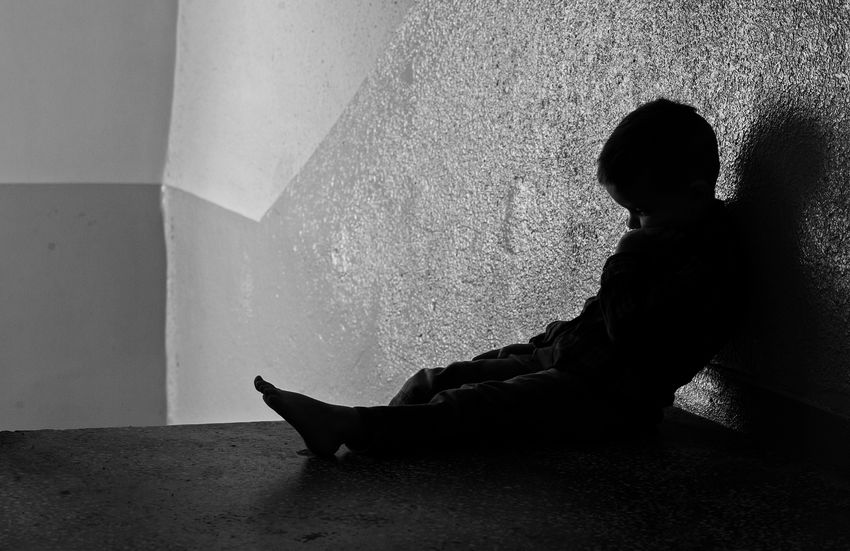
The Royal Commission of Inquiry into Abuse in Care held its first ever Pacific Investigation hearing into abuse in care of Pacific people in this country. The enquiry looked at abuse of Pacific people in both state and faith-based institutions between 1950 and 1999.
The name of the enquiry is Tulou - Our Pacific Voices: Tatala e Pulonga', held at the Fale o Samoa in Māngere and was open to the public from Monday 19th through to the 30th July 2021. The scope of the hearing can be read here
Although this particular hearing has closed, the Pacific Investigation team will continue to gather more information and witness statements from other abuse survivors, gather more stories and weave them together with their recommendations to be submitted to the government. The process will take at least another two years.
"We acknowledge that there are many other Pacific survivors out there that have not been able to come forward because of barriers such as shame and stigma. We hope that our hearing has encouraged survivors to come forward and also members of our community to support survivors too." - Lawyer Reina Va'ai
-
Mr VT shares his testimony of physical and sexual abuse in state care as well as failure and neglect by CYFS and his social worker.
Rupene Paul Amato shares his testimony of sexual abuse in the Catholic church and schools. Both statements have been edited and condensed for length.
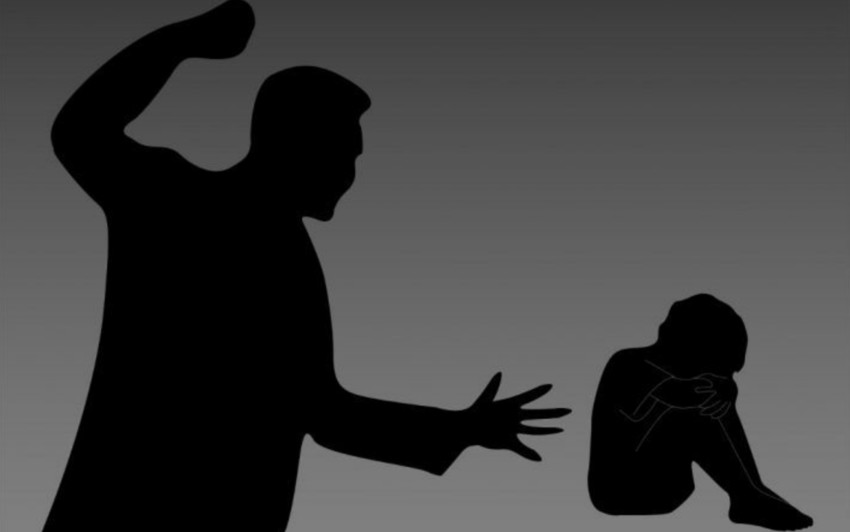
MR VT
Mr VT was born on 1986 in Solosolo, Samoa. He has never seen his Samoan birth certificate and didn't know he was adopted until he was about 19 years old. Until then, he thought his grandfather and grandmother were his parents. He thought his birth mother was his sister and still has that kind of relationsip with her.
In his statement he refers to his grandparents as his parents and still thinks of them as his parents today. His Mother died in 2015 and his father is still alive, but they don't have a good relationship.
-
CYFS Involvement
Before he turned 15, he thought the violence from his parents was normal and that it was just discipline or the norm. When he was older, he tried to protect his brother from it. The violence from his father changed as he got older, from open-handed slaps to closed-fist punches.
He first came to the attention of CYFS when he was abotu 10 years old and he was turning up to school with bruises and black eyes from his father. He thought of it as discipline but looking back realised it was very violent eg one time he ran away and when he got back his father made him sit in the corner and beat him with a bit of wood.
CYFS received many reports of the abuse he was experiencing, and the injuries he had, but nothing much was done to help him until the end of the year. In November 1996, CYFS made an application for a declaration that he was in need of care and protection and he was put in the interim custody of CYFS. Initially, his family hid him and refused to tell CYFS where he was. He was then placed with a foster family and lived with them on and off until May 1997.
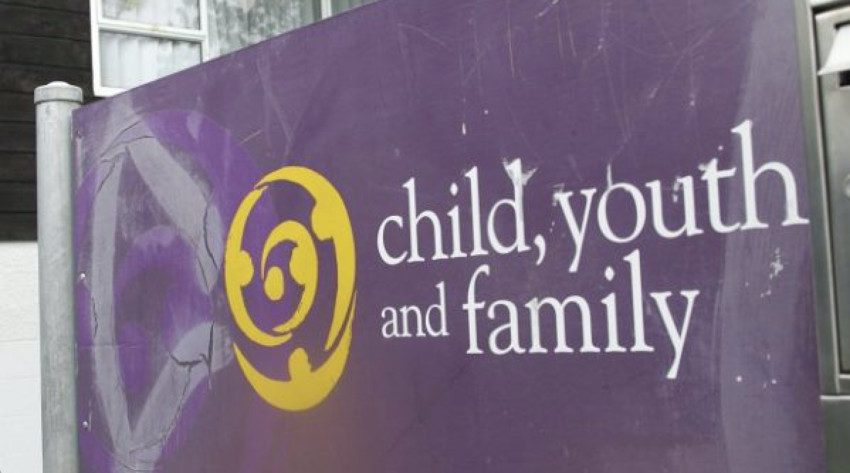
Kingslea Care and Protection Unit
He had his first stint in Kinglea for just over a month - it was the first of many admissions during his time in CYFS care. The first time he went in he was only 10yrs old and doesn't really remember much about it except that there weren't many Pacific Island boys there, the kids were mostly maori.
-
When he returned home there were many more disturbing reports of violence.
CYFS noted he had experienced:
* seriousl physical assault by his brother, while his mother watched.
* his Mum had tied his legs together and beaten him - a pediatrician told CYFS that he had bruising consistent with being assaulted with an electrical cord.
* More reports of assault by his Mum. CYFS noted that he was at risk of being badly injured by his parents.
* it was alleged his parents had broken his eye socket and wouldn't tell the police about it. The police reported this to CYFS expressing their concern.
He was then sent back to Kingslea.
-
By this time he was 12 years old when he was readmitted and stayed a couple of days in the secure unit.
He was often restrained where he was thrown to the ground and a knee put in the back of his neck or head. Sometimes staff would pin him down using their knees and he was often sent to a Time Out Room similar to a secure unit. During these times in Kingslea, he was bullied, assaulted and intimidated by other residents which caused him to become depressed and he wanted to harm myself.
He was described by CYFS as feeling lonely, unloved, worthless, sad and withdrawn. CYFS also recorded that under no circumstances should he go home because it was not safe. However, they still sent him home to his parents. His social worker was supposed to find him somewhere stable to live upon release from Kingslea after each time he was sent there but they never did and he was often sent home again to the same situation.
In his records, there is a letter from Mr VT to his social worker saying "Dear __ you are really pissing my of and I am starting to get angry with you and can you please see about were I am going to go and I am really worried about that and all I need to know is were I am going when I leave here that's all I wan't to say right now".
Social workers at Kingslea wrote that his discharge was disorganised each time and said that a complaint should be sent to his social workers supervisors. When he was sent home he'd often run away due to his home circumstances. On one occasion he stayed in the police cells and the police refused to take him home. Youth Aid complained that he shouldn't be sent home but CYFS would say there was nowhere for him to go.
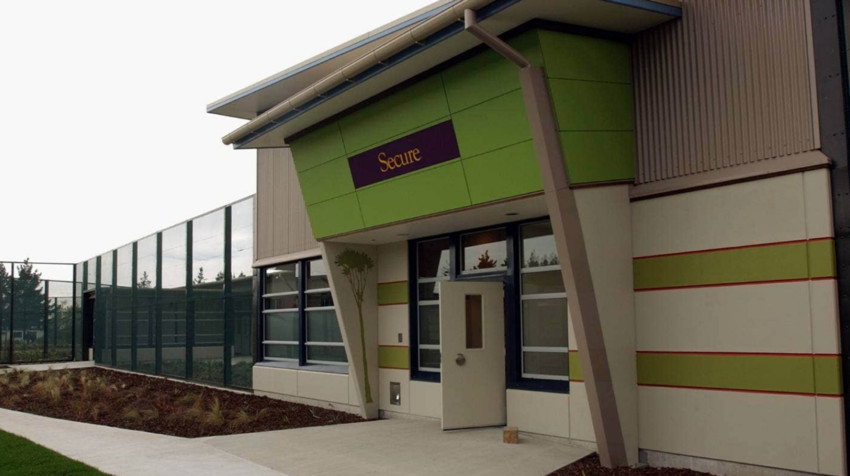
Eastland Youth Rescue Trust ("Eastland")
When he was 13 years old he was sent to Eastland. He was meant to stay there for six months but only stayed for 2.5 weeks and ran away three times during those 2 weeks. He described it as an incredibly brutal two and a half weeks where he was both physically and sexually abused during his short time there.
On the 3rd occasion he managed to escape again he hid in the bushes, terrified, for two or three days before being picked up by a stranger and taken to Opotiki Hospital. A Doctor there rang CYFS and advised that he had disclosed being physically assaulted by his caregivers. The Police also rang CYFS that day after interviewing him and finding out about the physical abuse. They agreed that he could stay in hospital and not go back to Eastland. Not only did CYFS put him in a dangerous place, but it absolutely failed to address the things that happened to him.
He found out later that as a result of what happened to him, CYFS stopped using Eastland and all the boys were taken off the programme.
-
Kingslea – readmission
He was sent back to Kingslea again after being at Eastland and was still under Family Court orders at that time. He stayed there on and off between 1999 and 2003 while he was waiting for CYFS to organise for him to go back and stay with family in Samoa. The placement fell through however because his relatives didn't agree to look after him.
He was later transferred to Christchurch Men's Prison and then sent to Youth prison. CYFS closed their file on him after he was sent to youth prison.
-
Life after CYFS care
He has struggled with drug and alcohol use for most of his life and his been in and out of jail from 2004 until now. He feels that he's institutionilised and doesn't know how to live in the real world. He has a history of depression and anxiety and was diagnosed with PTSD and borderline personality disorder. He feels that the system abandoned and traumatised him.
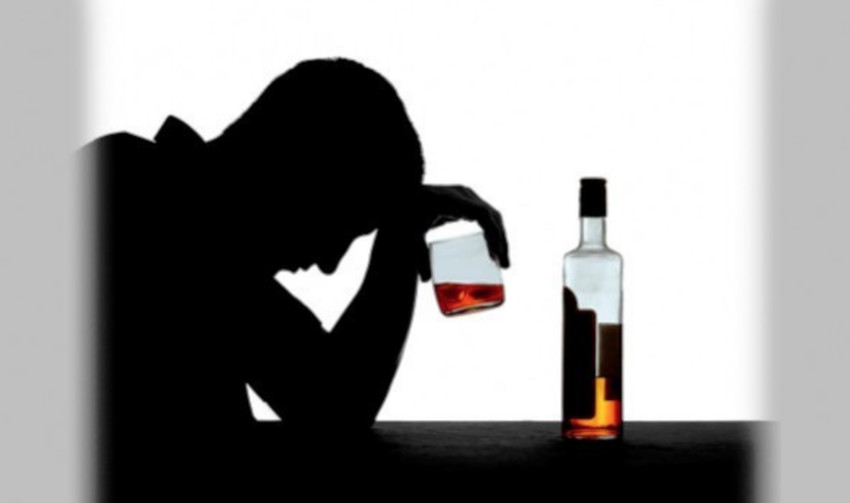
Mr VT's Closing Statement
"I think it would have been more useful to get Samoans to talk about things, rather than cover them up. Get the Matai's to help people talk about abuse and guide them without judgement, rather than tell them to internalise it and pray about it.
I wish I had never come to New Zealand. I believe that, if I had stayed in Samoa, I would have had better discipline to keep my life on track. I have a lot of identity issues and I don't have any sense of belonging. I still speak Samoan fluently. I practice on my own, or with other guys who speak it. However, there are some parts of my culture, and the values I was taught, that I resent. I resent some of my family for holding those values as well. There have been programmes in prison for Pacific Islanders but they are always tied to the Church.
I think the highest Pacific value is to respect elders and humble yourself, which is why a lot of us will not talk about abuse, out of respect for that person and their family. I told lies and made excuses for the abuse I experienced because of those values. I know the history of Pacific people here in New Zealand . I know the sacrifices which were made to bring us here which has made me reluctant, sometimes , to talk about some things. I don't want that to happen to my kids. I want them to always feel like they can speak up."
-
Rupene Paul Amato
Mr Rupene Paul Amato was born in 1972 in Wairoa, Hawkes Bay. He grew up in Wairoa but moved to Hamilton after he completed high school in 1992.
He was sexually abused by a catholic priest at a catholic primary school and wishes to share his experience of abuse because he wants to help other overcome the impacts of abuse. He also wants to share his experiences because he wants to speak for those who haven't and for those who are no longer with us.

Rupene's father is full Samoan and his mother is maori. They both come from large families and met in Wellington in the 1950s but moved to Wairoa not long after they'd met. Due to growing up in Wairoa around his mothers extended family he was closer to them than his fathers side. He wasn't taught Te reo Maori or Samoan growing up and his Dad assimilated more to the Maori culture around him. Growing up he also experienced a lot of alcohol use and domestic violence in the household and knows that his family struggled financially also.
-
Catholic school and sexual abuse by the priest
Rupene's grandfather was a bishop of the Ratana church and the ratana faith was a bit part of their whanau, marae and culture. However his father is Catholic and was raised in the catholic church in Samoa. At first they attended a public school but after a few years his parents moved them to St Joseph's school which was catholic.
The abuse he suffered happened when he was in Form One at St Joseph's School and he was around 11 or 12 years old at the time. At the time a new Priest had come into the area and the change in priests also coincided with sex education becoming a compulsory part of mainstream and catholic education.
The first time he was sexually abused was in the Priests house. He had been given a yellow slip by a nun telling him to go and see the priest and when he was in the priests house he was molested. The "Sex Education" lessons would last about 20 minutes and then he'd be sent back to class.
This happened again in the same manner and the third time it happened was when he was an altar boy when he was preparing the church for mass. He would also sexually abuse the boys when they'd go to see him for Confessions.
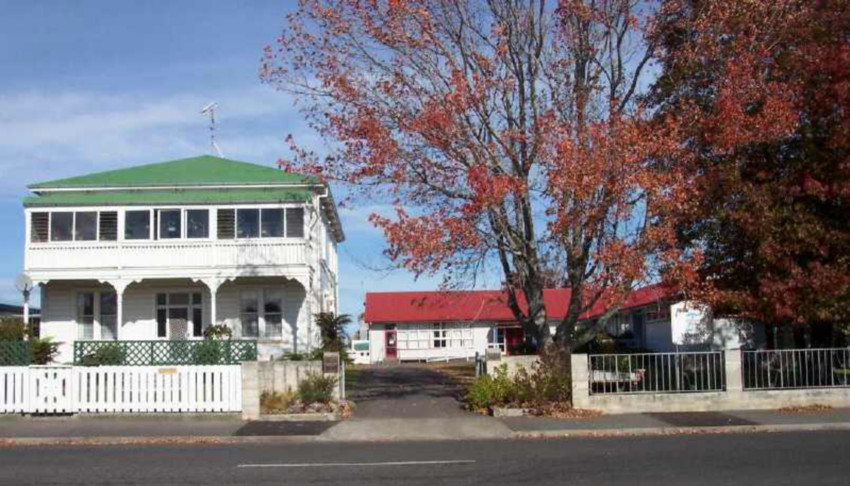
Abuse of Others and Complaint to the School
On one occasion Rupene and a group of his friends were sitting around talking when they saw someone given a yellow slip to take to the priests house. They all joked and laughed and said "Oh we know where you're going" and because they were talking about what was happening it made other students aware.
After sharing their experiences they realised it was happening to them all and they agreed to go home and tell their parents. When the parents found out they called around and a group of the parents when to the school the same day and complained about Father.
Within a week of the complaint the priest was no longer at St Joseph's - there was no explanation given as to why. To this day Rupene doesn't know if his parents ever knew about what had happened or if the other parents had called them. It was never talked about.
None of the children complained to the church or anyone at the school because they knew they wouldn't be believed. Rupene's friend and his mother were instrumental in stopping the abuse.
-
Later life and Overcoming the impacts of Abuse
Rupene and many of the kids who were abused continued to talk about their experiences, even through to when they moved on to college. They found it helpful because they were talking about it and could relate to each other without being judged.
He often felt the need to be around groups of people at college and it made him feel safe being around people. He later went on to represent New Zealand in netball because there were so many fa'fafine and takatapui playing the sport and it helped him be more comfortable exploring his own sexual orientation
He then went on to volunteer on the Board for Male Survivors of Sexual Abuse in Waikato for a couple years. As a survivor, he felt that it was integral that information, education and support be available to other survivors who may not be able to access information on this topic.
One of the major impacts on his life wat that he became distant from the church as a result of what happened to him but he believes that his resilience towards overcoming his abuse stemmed from the principles of Catholicism eg forgiveness.

Redress and Complaints Procedure.
Rupene shares what he feels should be done here -
"There should have been further consequences for the priest, I believe that he should have been prosecuted for what he did. If not, something else to hold him accountable and to prevent him from moving on somewhere else and continuing the cycle of abuse.
Following on from the abuse, the school should have had someone speak to us about what had happened, what was done about it and how to get support if we needed anything. However, the school didn't do any of this. In order for children within the Catholic Church to feel comfortable about disclosing any type of abuse, there needs to be a neutral person that children can talk to. This neutral person would not be part of the Catholic Church or Catholic School. The children and parents should be made aware that there is an independent person they could talk to. The trust which children have in this person is the key, as children won't speak unless they can trust that the person will help them and is able to do something about the situation.
Being on the Board for Male Survivors of Sexual Abuse in Waikato, I have come to learn that there is a lot of power in sharing a story. Particularly for those who are survivors of sexual abuse who feel that they are alone. It would be great if it were normalised to have someone like myself or other survivors who work in these fields to go into schools to share their experience and inform children and young people of the supports that are available.
The systems and supports that are set up to help young survivors of sexual abuse need to be well thought out and in touch with the reality of children at schools."
